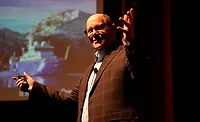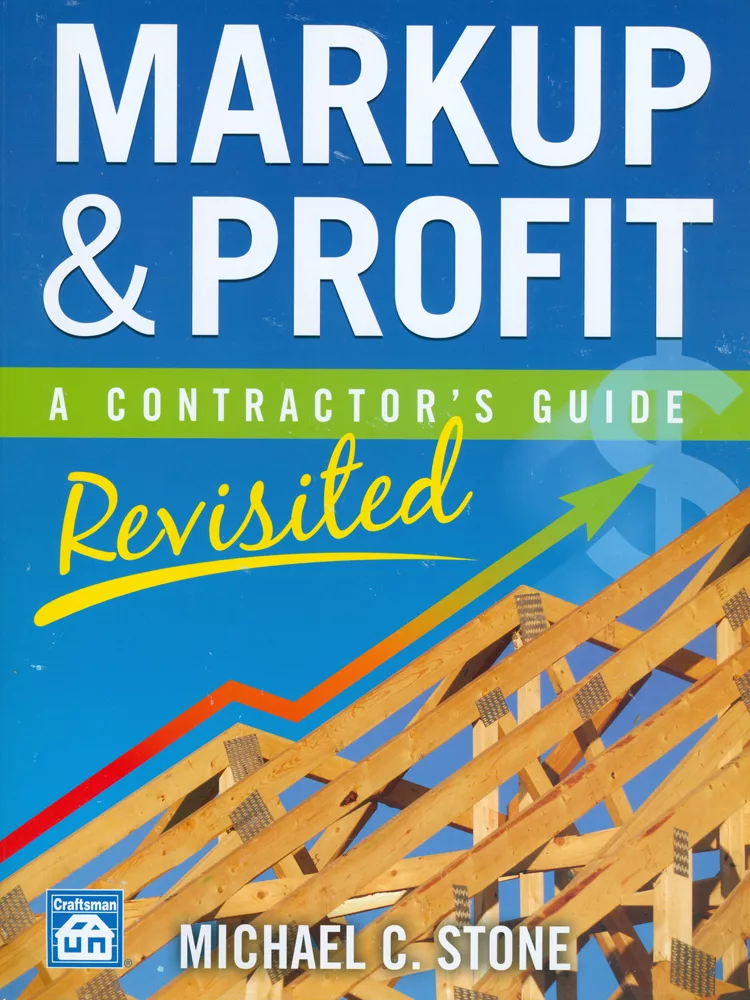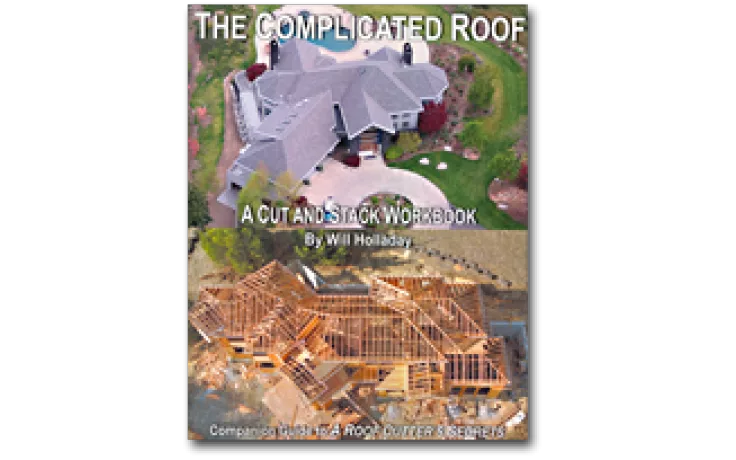A Different Breed: Thoroughbred Contractors Takes a Unique Business Approach
When Timothy Hershey decided to branch out on his own as an independent roofing contractor in 2003, he was looking for a name that would stand out, represent his adopted home of Kentucky and match his expectation for high quality in a fiercely competitive market.
On a whim, he check with the business licensing authorities in Kentucky — known as the Mecca of thoroughbred horse racing in United States — and couldn’t believe it wasn’t taken.
“When I looked it up, I never thought I’d get it,” he recalled. “But I was sure to snatch it up, and it really set the stage to showcase just how we look at things differently than most industrial or commercial roofers. It fit that purpose to be a breed apart, as we like to say.”
Learning how to do things differently in roofing started early on for Hershey, who joined Simon Roofing in Youngstown, Ohio, at age 20. Though he earned just $3.50 an hour starting off in the field, he said he stayed aggressive, assertive and creative enough to make an impression on his coworkers and supervisors. He quickly rose through the ranks of journeyman, foreman and superintendent before joining the company’s corporate structure in 1990. Within two years, he was assigned to head operations in Ft. Lauderdale, Fla., and arrived shortly before Hurricane Andrew devastated southern Florida in one of the strongest and costliest weather events in U.S. history.
The resulting growth and success the company demonstrated in Andrew’s wake accelerated Hershey’s career path and led to an opportunity to open a branch in Kentucky in 1995. From there, he became a regional vice president that oversaw operations in Kentucky; Cincinatti; Nashville,Tenn.; and ultimately Indianapolis. Though he enjoyed the opportunity, Hershey admits he struggled mightily with balancing a family of four young children and properly managing operations across such a wide territory.
“I struggled to get it right, honestly,” he reflected. “One person to four cities, and never truly being able to put my full attention somewhere took its toll.”
So Hershey said he decided to branch out on his own. Looking back now, he said the experience with Simon set him up perfectly in multiple ways: the strong relationships he built over the years with customers immediately led to more than 50 clients; and he knew the focus of his new company was going to be on privately owned industrial facilities where bid work was not going to stunt his growth.
Now the company boasts roughly 80 non-union employees and has roughly 250 regular customers, which he believes hasn’t scratched the surface in a market with huge potential. Kentucky alone is home to more than 6,000 different plants and manufacturing facilities, and being situated in Shelbyville, near the Indiana and Ohio borders, leaves a lot of fruitful territory.
Becoming a Lifetime Partner
Where others may be tempted to exploit the market, Hershey said he preferred to stay patient, selective and not rush into partnerships that don’t translate into long-term business. The focus remained on roof management and maintenance, and fixing problems for customers that develop over time.
“We start by helping folks with their smallest needs and build on everything from there,” Hershey said. “It is our goal to help them like and trust us, and to also help them realize that we are there for the long haul as their trusted adviser.”
Once customers experienced Thoroughbred’s diligence and commitment to high-quality, they began asking about different services. Hershey said he saw that as an opportunity to grow the business without having to continually look for new work with different clients, but that required a change in Thoroughbred’s approach.
“We were always asked if we provided this service or could fix that problem too, and we often found ourselves saying, ‘No, we don’t.’ But I began to wonder, what if we started saying, ‘Yes,’” he said. “Once you start doing that, you can really open Pandora’s box and, it gets interesting.”
Now Thoroughbred’s offerings include siding, masonry and sealant work, ventilation, waterproofing and industrial coatings. Roughly 85 percent of Thoroughbred’s work is in industrial facilities, and just 15 percent in commercial. Hershey said he won’t do new construction and doesn’t work with public entities, keeping his client list of all-private, negotiated work. And in some cases, it takes years to study a facility’s roof problems and implement the right, long-term solution.
“It takes time to earn that trust, and it won’t happen overnight,” he said. “Initially, we spent a lot of time knocking on doors for business, and I realized we just have to be selective, determine if we’re going to be a good fit for them and see if they will look at us as an asset. If they don’t look at the roof as an asset to their company, then we won’t go forward, and it trims down on our wasted time.”
Safety First
Hershey, now 51, said he recognizes how fortunate he’s been in business and credits much of Thoroughbred’s success to his team. And that wouldn’t be possible without keeping them safe. Part of that process is having a director of safety and training on the executive team with more than 20 years of experience. Steven Hargis mandates six hours of safety orientation and training for every new hire, and requires crew leaders to perform PPE inspections and tool inspections on the jobsite every day.
Hershey said they also customize training to meet the challenges presented by each client and their specific facility to meet code requirements and ensure everyone goes home at the end of the day.
Though his has some complaints, Hershey said he also takes a different approach than most contractors when it comes to OSHA. He said he applauds the federal watchdog for the work they do to streamline safety industry-wide and sees their regulations as a benchmark for his company to exceed.
“I try to look at them as an important piece to elevating the industry and not look at it from an adversarial standpoint,” he explained. “The bottom line is if you’re following all the rules and have the commonality of what we’re all trying to accomplish — the safety of the worker — we tell our people, ‘We understand, let’s do it, and let’s move forward.”
Hershey said his company embraces the philosophy and recognizes that it’s for their benefit as well as the client’s when they take on projects like they’re their own.
“For all the tools and technology available, this is still a people business,” he said. “For us to be successful, our people have to be successful. So we celebrate our guys and each other, and as a business, we can’t help but to be successful.”
Looking for a reprint of this article?
From high-res PDFs to custom plaques, order your copy today!








